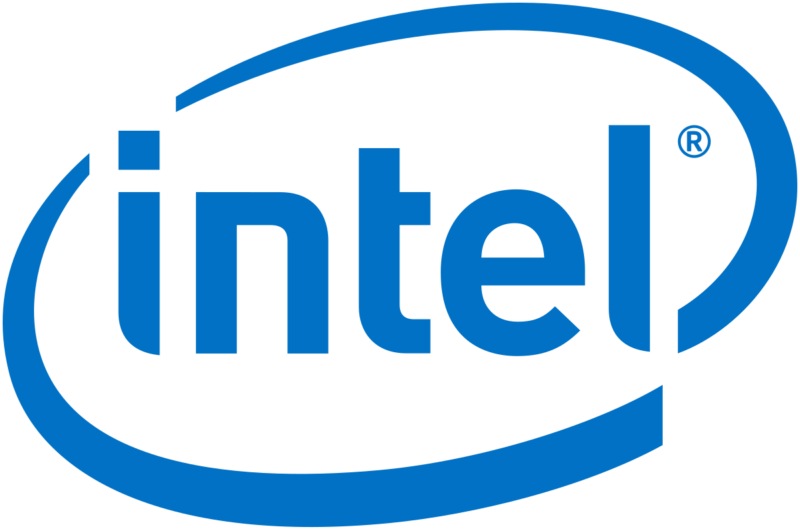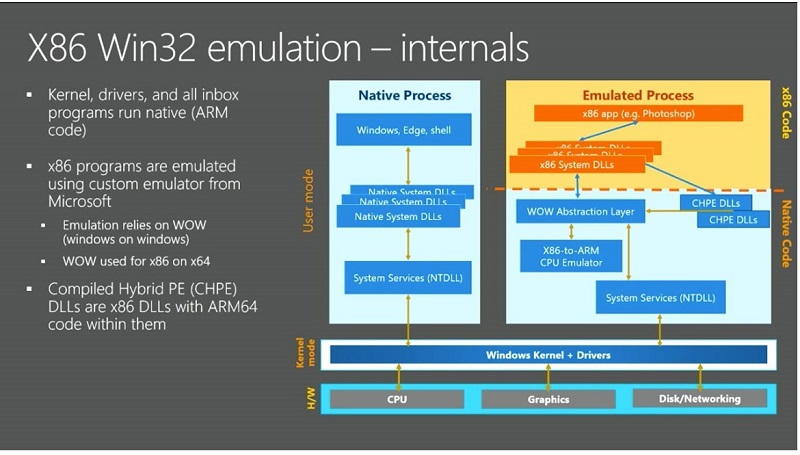Intel Fires Warning Shots at Microsoft over x86 Patents
Samuel Wan / 8 years ago

Since Intel scored the x86 gravy train all those years ago, it has jealously guarded its money tree. For decades, the collaboration between Intel and Microsoft, WinTel, have secured the dominance of both platforms. In response to the mobile uprising, Microsoft has started to flirt with ARM processors. Due to a large collection of legacy x86 Win32 apps holds back Microsoft’s designs in this area. To get around this issue, Microsoft is creating Windows 10 for ARM, complete with x86 emulation. Intel, as aggressive is ever, is firing preemptive warning shots over their x86 patents.
In partnership with Qualcomm, Microsoft’s Windows 10 for ARM allows legacy x86 apps to run on an emulator. Depending on the implementation, emulators can infringe on certain architecture patents. For instance, the patents on legacy x86 have expired. However, the faster SIMD SSE extensions and AVX patents are still in force. As a result, Intel wants to warn off any potential infringement with their announcement.

All Your Emulators Are Belong to Us
There have been reports that some companies may try to emulate Intel’s proprietary x86 ISA without Intel’s authorization. Emulation is not a new technology, and Transmeta was notably the last company to claim to have produced a compatible x86 processor using emulation […] . Intel enforced patents relating to SIMD instruction set enhancements against Transmeta’s x86 implementation even though it used emulation.
Only time will tell if new attempts to emulate Intel’s x86 ISA will meet a different fate. Intel welcomes lawful competition […]. However, we do not welcome unlawful infringement of our patents, and we fully expect other companies to continue to respect Intel’s intellectual property rights.
With the new emulator, Microsoft and Qualcomm are threatening Intel’s mobile/laptop dominance. For one, a fully competitive x86 emulator would allow ARM to reach into the low-end laptop space and potentially higher. The feasibility of x86 emulation may also entice others like Apple and Samsung, to scale up their ARM designs and ditch their x86 Intel processors. With a threat their bread and butter, Intel isn’t afraid of flexing their legal muscle. There also remains the issue of AMD holding the AMD-64/x86-64 patents as well.



















